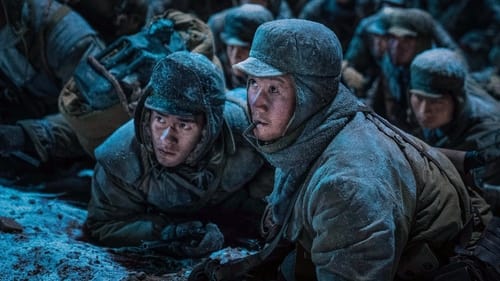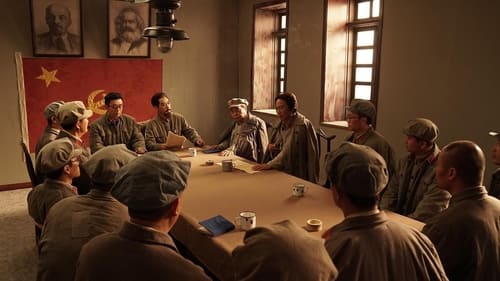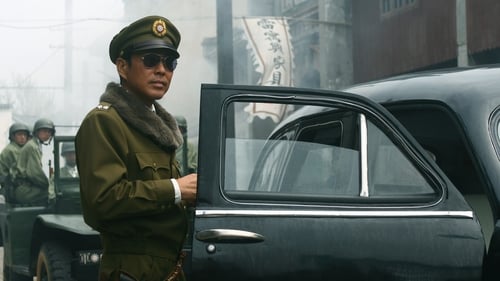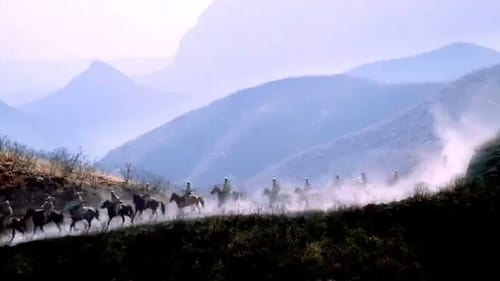
朱德
Nos primeiros dias da fundação da República Popular da China em 1949, a Nova China enfrentou 'problemas internos e externos'. Desde o início da Guerra Civil Coreana, os militares dos EUA provocaram repetidamente a fronteira entre a China e a Coreia do Norte, e civis foram brutalmente bombardeados. A fim de manter a paz arduamente conquistada e a estabilidade a longo prazo durante gerações, em Outubro de 1950, os Voluntários do Povo Chinês entraram na Coreia do Norte e a guerra de 'Resista à Ajuda dos EUA à Coreia' teve início.

Zhu De
Guerra da Coreia, Inverno de 1950. Na área congelada e coberta de neve do Lago Changjin, está prestes a começar uma sangrenta batalha entre as tropas de elite dos Estados Unidos e da China.

Zhu De

Zhu De

朱德

After the end of the three major campaigns, the situation in China has undergone fundamental changes. Before the Kuomintang forces withdrew from Peiping, they adopted a series of psychological policies for the literary and art circles, hoping that they would also leave Beiping together. The leaders of the Communist Party of China, such as Mao Zedong, who was far away from Xibaipo, also paid great attention to the people of the literary and art circles in Beijing. They sent Tian Han and other comrades to appease and sympathize. The Kuomintang and the Communist Party launched a silent war against the literary and art circles.

Zhu De
Após o fim da guerra civil chinesa em 1949, o Partido Comunista passou a regra no continente e Kuomingtang foi forçado a retirar-se para a ilha de Taiwan. O novo poder, juntamente com outras partes, em seguida se uniram para organizar o primeiro Política do Povo Chinês Conferência Consultiva (CCPPC) e discutir o estabelecimento da República Popular da China (RPS).

朱德
On the Mountain of Tai Hang tells the story of the Sino-Japanese war and the commander-in-chief, Zhu De, leading the main force of the Eighth Route Army to the battlefront against the Japanese invaders. Presented are several important campaigns, from September 1937 to May 1940, including the Pingxingguan victory, the surprise attack on Yangmingbao, Xinkou campaign and Huangtuling campaign, where Abuguixiu, lieutenant general of the Japanese army, was shot down. The film also reflects the close relationship between the Eighth Route Army and the people.




